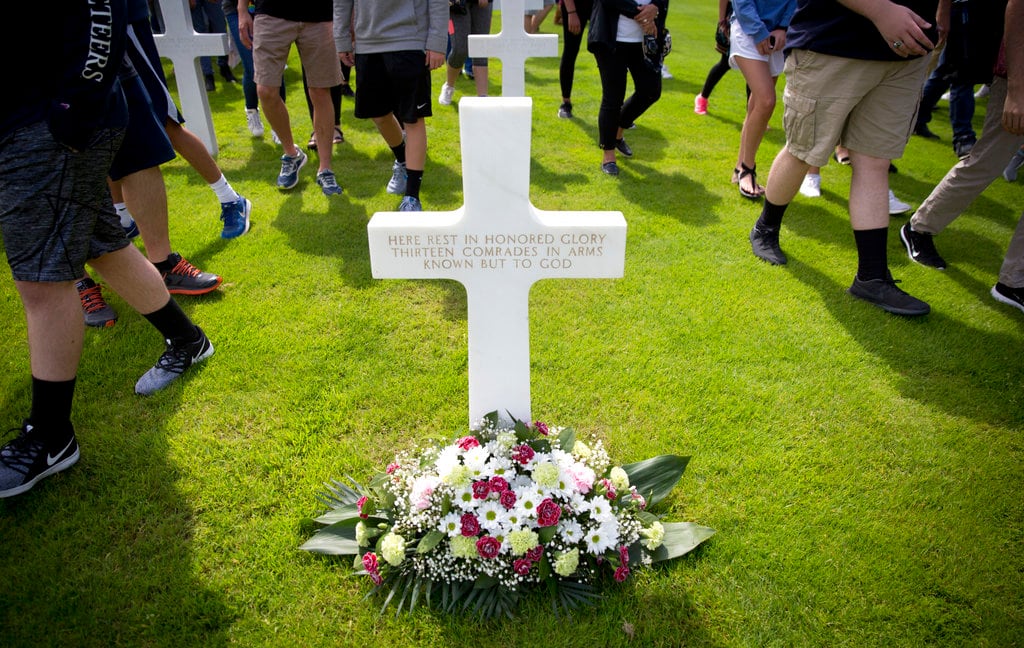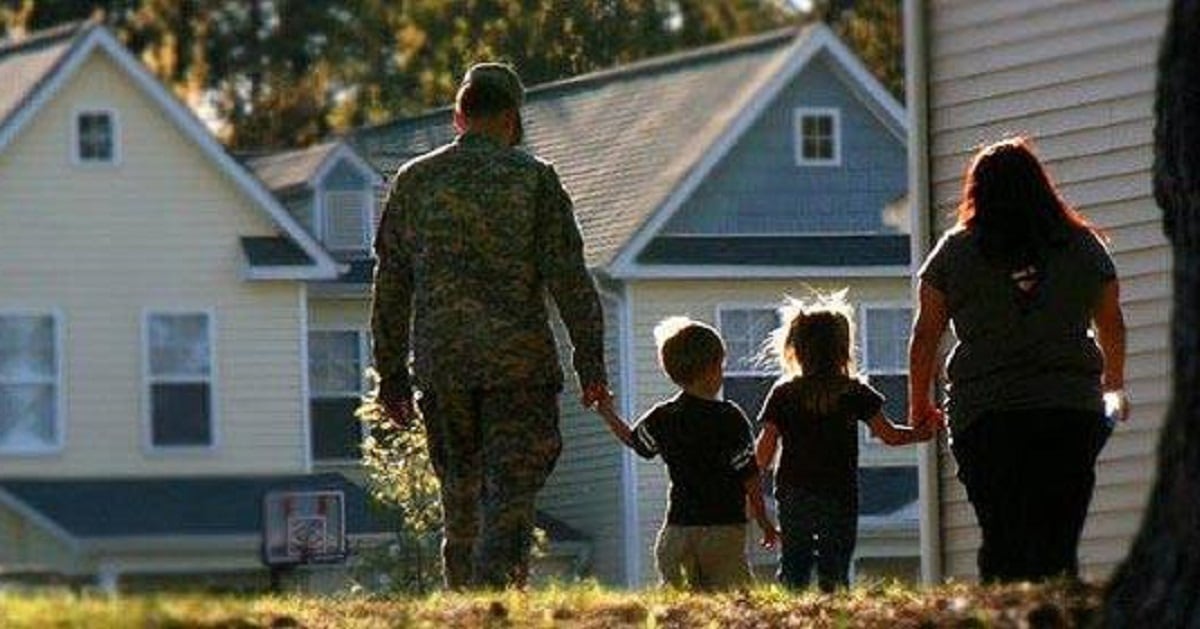The Army is asking more of soldiers than ever before, according to the sergeant major of the Army, but a recent survey shows that, by most measures, job satisfaction is actually on the rise in the ranks.
The annual Army Assessment, which is a survey that’s sent to officers and enlisted soldiers across the force, shows an uptick in satisfaction in most categories, Sergeant Major of the Army Dan Dailey told Army Times on Sept. 27.
“Job satisfaction, trust in leaders, care of soldiers and families, increased satisfaction with job security,” Dailey said. “Support and concern for soldiers and families, trending up. Predictability in current Army environment, although it’s heavy, it’s predictable.”
The average soldier could be deployed anywhere from Europe to Afghanistan to South Korea in the coming years, but the Army is doing its best to give them as much warning as possible, Dailey said.
“We have it programmed out in great detail for the future,” he said. “So brigades know they’re going to Germany, they know they’re going to Korea, they know they’re going to Kuwait, they know they’re going.”
RELATED

But the Army also is specifically targeting some areas for improvement, Dailey said. Most notably, promotions.
In 2015, the Army lowered its retention control points, forcing out some retirement-eligible senior noncommissioned officers to make space for more junior soldiers to move up.
“We stimulated promotions immensely, and it’s having a very positive, profound effect,” Dailey said.
And though soldier satisfaction with basic pay and basic allowance for housing rates is down, Dailey said, more soldiers agreed with the statement that “they believe that the Army leadership will do all it can to protect benefits and retirement.”
“If you remember, all the senior enlisted advisers and all the chiefs, the last couple years, we made a very collective effort to go back to Congress and say, ‘Please don’t do anything to BAH, please don’t do anything to our pay. Let’s not cut, let’s just slow growth over time,’” he said.
Soldiers are also more confident in their chains of command, Dailey said.
“They say we’re doing a better job of holding leaders accountable,” he said. “And [confidence in the] likelihood that treatment for an emotional problem would be kept confidential is on the rise. So there’s a reduced stigma on seeking care for things like behavioral health or emotional problems, right?”
On the home front
Beyond career opportunities, soldiers appear to be happier with their lifestyles in the Army, Dailey said.
“Availability of government housing is good. Post Exchange and commissary, quality of government housing, amount of time separated from family, that’s trending upward,” he said. “Meaning, because we’ve balanced out the rotations, we’re maximizing quality time and family. We’re trying to do more home station training so they stay on the installation.”
The assessment also shows that the Army’s efforts to provide job opportunities for spouses and expanded access to child care have paid off, Dailey said.
RELATED
There were some downward trends, however, particularly with the availability of new assignments. Dailey attributed that crunch to many soldiers opting to stabilize their duty stations when re-enlisting.
In the Army’s push to reenlist 9,000 soldiers before the end of September, many took advantage of the option to spend several more years at their current installation.
“So because we are trying to stabilize people more ... sometimes it has a positive and negative effect,” he said. “So we are stabilizing, and you see that in some of the trends of more stable family. But then, some people say, ‘Well, I’m not getting the assignments I want.’“
Meghann Myers is the Pentagon bureau chief at Military Times. She covers operations, policy, personnel, leadership and other issues affecting service members.





